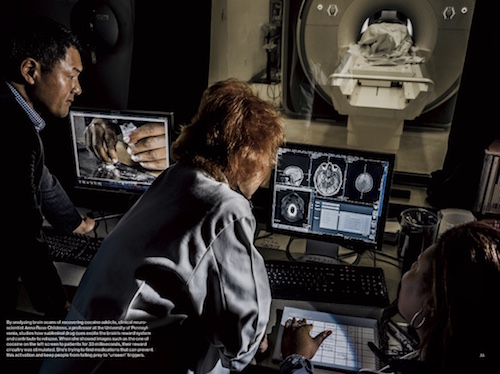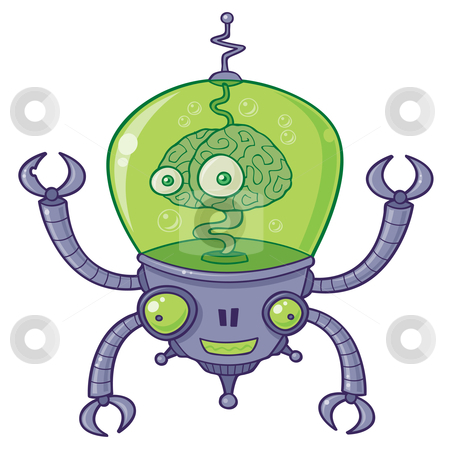A dramatic piece of addiction research used to prop up the brain disease model of addiction was blown to pieces this year: cue induced craving. You’ve probably seen this “science” portrayed on television over the years. Some very serious looking scientists in a quiet lab full of fancy equipment put a cocaine addict into a… Continue reading Addiction science exposed: recreational cocaine users’ brains are hijacked too!
Tag: brain disease
Nora Volkow (NIDA) uses Scare Quotes when referring to Free Will
Nora Volkow undermines her own disease theory of addiction by demonstrating her lack of belief in free will. She does this by scare-quoting several free will terms in her writing.
Conceptual Confusion In Modern Neuroscience
Consider these important philosophical questions in the brain disease of addiction debate: Do brains use substances, or do people use substances? Does the brain walk down to the store, buy a drink, open it, and drink it – or does a person do all of that? Does a brain seek pleasure – or does a person?
Obesity as a Brain Disease
The dimwitted Nora Volkow will eventually destroy her own argument when she declares every unfavorable behavior to be disease. Currently, she’s got her sight set on food addiction; I can’t wait till she takes on things that involve no consumption whatsoever, such as video games. She really misses the point.
Choice and Will Power
Will-Power is often confused as being the key element in a choice based model of addiction. One needn’t deny their will in order to solve a substance use problem. Just because addiction is not a disease, that doesn’t mean that one must live with constant “cravings” or desires to use drugs and alcohol. Learn more about a choice based model of addiction here.
Food Addiction = Drug Addiction, and Vice Versa
Overeating is like drug addiction, and drug addiction is like overeating. That’s the message in a recent story from NPR where they quote a Yale scientist who says
“The motivation to take cocaine in the case of a drug addict is probably engaging similar circuits that the motivation to eat is in a hungry person.” Well, why would you think the two behaviors were that different in the first place?




